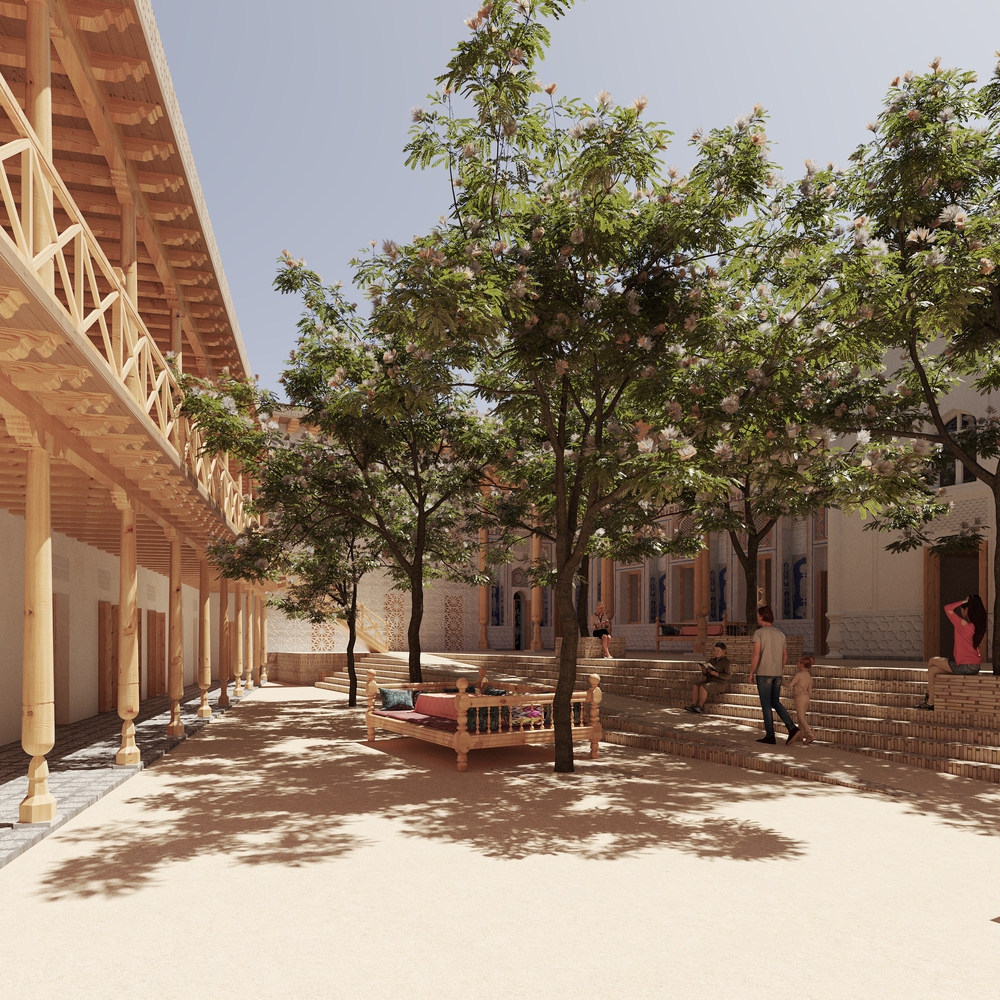
"Known today for her poetic yet rigorous approach to architecture, Lina Ghotmeh has become one of the most compelling voices in contemporary design. Her work spans continents, from the British Museum's Western Range redesign in London to AlUla's Contemporary Art Museum, and includes landmark commissions such as the Serpentine Pavilion in London, Stone Garden in Beirut, the Bahrain Pavilion at the 2025 Expo Osaka, and the Estonian National Museum in Tartu, Estonia which she won the competition to design at just 25."
"Through a palimpsest of projects, Ghotmeh has established a distinctive architectural language that bridges memory and contemporary life. Wherever she builds, her process captures a constant dialogue between people, place, past and future. Born and raised in Beirut during the Lebanese Civil War, Ghotmeh grew up in a city continually destroyed and rebuilt, a landscape of memory, resilience, and renewal. This experience profoundly shaped her understanding of architecture, which she often describes as both "an act of resistance and a vessel of empathy.""
Lina Ghotmeh combines poetic sensibility with rigorous practice to create architecture that links memory and contemporary life. Her international portfolio includes major commissions such as the British Museum Western Range redesign, AlUla Contemporary Art Museum, the Serpentine Pavilion, Stone Garden in Beirut, the Bahrain Pavilion for Expo Osaka 2025, and the Estonian National Museum in Tartu, won at age 25. Her work operates as a palimpsest, generating a distinctive language that engages people, place, past and future. Raised in Beirut during the Civil War, she treats architecture as an act of resistance and a vessel of empathy, transforming past scars into spaces of hope, community, and continuity.
Read at ArchDaily
Unable to calculate read time
Collection
[
|
...
]